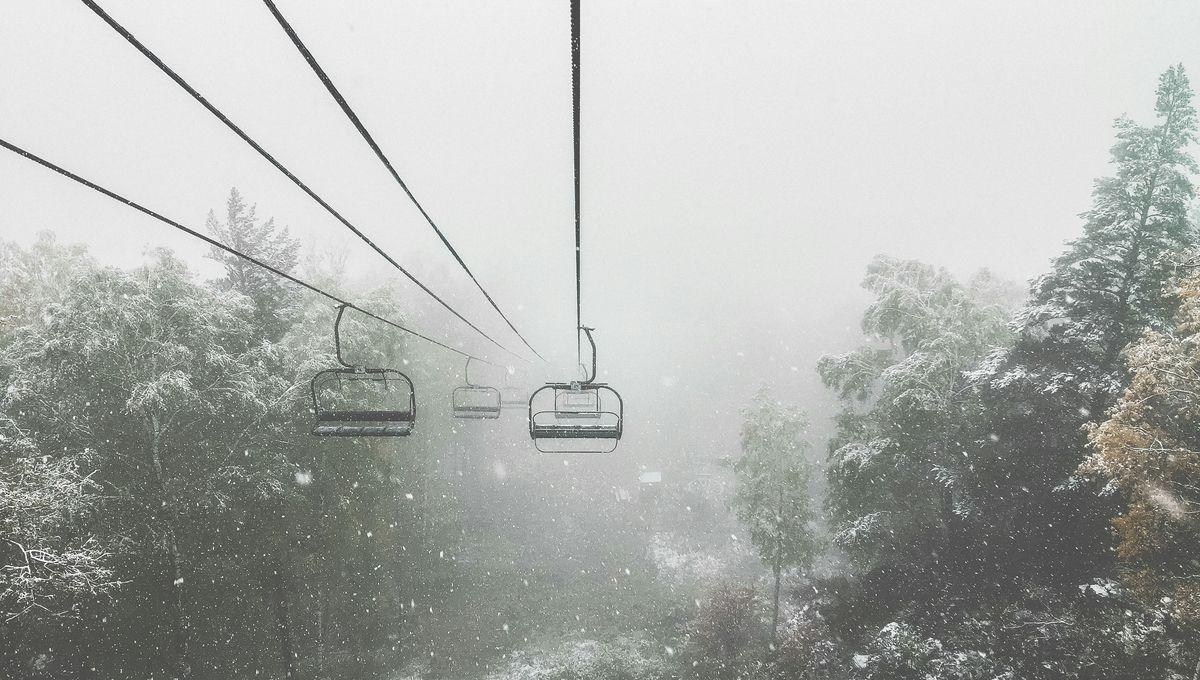-
Feed de Notícias
- EXPLORAR
-
Páginas
-
Blogs
-
Fóruns
People Are Blown Away Learning That You Can “Smell” Snow

People Are Blown Away Learning That You Can “Smell” Snow
The idea that you can smell snow might sound like whimsical baloney dreamed up by romantics or a winter advertising campaign. However, there’s strong evidence that some people can sniff out a thunderstorm or rain, so the idea of snowfall having a scent is not too much of a stretch.
The rest of this article is behind a paywall. Please sign in or subscribe to access the full content. In the 1960s, Australian scientists came up with the term “petrichor” to describe the phenomenon of smelling a warm, earthy fragrance when it's raining. This distinctive scent is cooked up by a few factors, namely bacteria found in soil that secrete a compound called geosmin when exposed to rainwater. The air also gets ever so slightly warmer and more humid, which carries those odor-bearing molecules to travel. People’s noses might also sense that a storm is nigh due to the presence of ozone, which has a slightly metallic and clean fragrance, reminiscent of chlorine. At small concentrations, some say it's comparable to a sweet, clover-like odor. When thunderstorms are building strength, downdrafts of wind can carry ozone from higher altitudes to noses on the ground. Some scientists contend that a similar thing happens with snow. In a 2022 interview with the Washington Post, Johan Lundstrom, a professor of clinical neuroscience and “smell researcher” at the Monell Chemical Senses Center, explained how snow collects airborne compounds from the local environment as it falls. Over time, it absorbs more of these subtle scents, deepening its aroma. Because snow takes on surrounding scents, Lundstrom argues that snowflakes in the city smell different from those in the Arctic wilderness. This is not surprising, considering that studies have shown how snow can readily absorb aerosols and organic pollutants from car exhaust fumes. Another possibility is that we’re not truly smelling the snow itself, but rather noticing the absence of odor. Warm weather tends to pack a pong: plants release organic compounds, bacteria stir to life, and the air becomes humid and lively, allowing those molecules to move easily. Cold, on the other hand, mutes the world. In freezing conditions, few aromas are released, and those that exist don’t diffuse as readily through frigid air. What we perceive as the smell of snow might simply be the crisp stillness of your surroundings with the olfactory volume turned low. This is why the icy, mountain air in the winter can feel so fresh, crisp, and pure. Truth be told, there's not a lot of scientific literature on the subject of snow sniffing. However, there's plenty of anecdotal evidence to suggest it's a phenomenon that's worth looking into. So, olfactory experts and atmospheric scientists – wrap up, step outside, and get to it.


